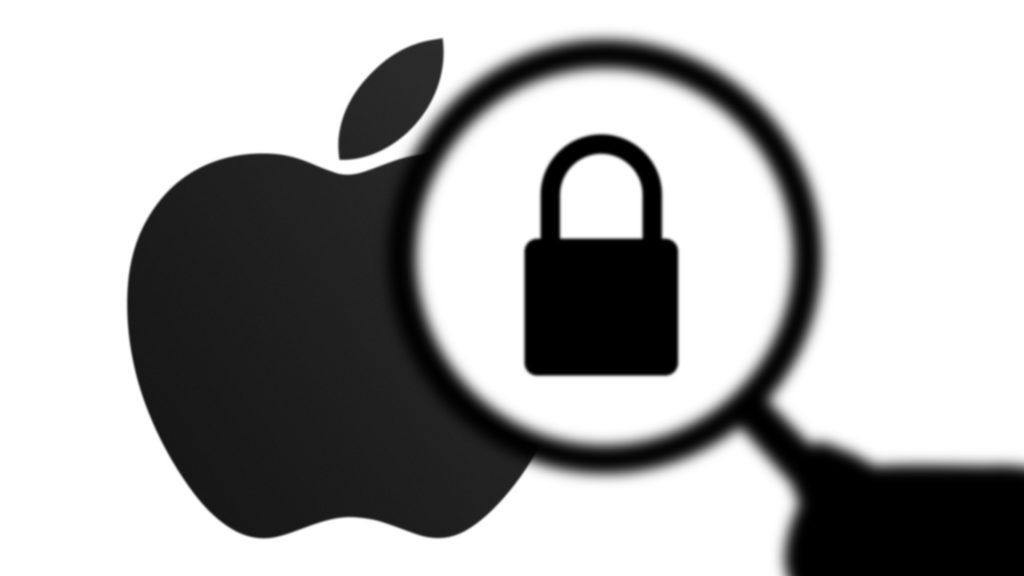The Director of the US Secret Service, Tulsi Gabbard, announced on Monday that the UK has withdrawn its demand that Apple install a so-called “backdoor” in the company’s systems.
Such a backdoor would have enabled access to encrypted data of American users.
Gabbard explained that she had been negotiating with the British government for months together with President Donald Trump and Vice President JD Vance in order to find a solution.
At the same time, British Prime Minister Keir Starmer was in Washington, where he held talks with Trump together with other European heads of government. The focus was on Russia’s war against Ukraine. There were initially no official statements from London or Apple on Gabbard’s statements.
Security concerns and international tensions
Back in May, US lawmakers warned that an obligation on Apple to build a backdoor could not only play into the hands of authoritarian governments, but also cyber criminals.
Apple itself had always emphasized that it would never intentionally build a vulnerability into its devices or services. Nevertheless, the company withdrew its “Advanced Data Protection” security feature for users in the UK at the beginning of the year after London issued a corresponding order. This feature allows only users themselves – and not even Apple – to decrypt their data in the iCloud.
Washington also examined whether the British request constituted a breach of the CLOUD Act. This agreement prohibits both countries from requesting access to data from citizens of the other country without consent.
The dispute between Apple and government authorities over encryption goes back years. Back in 2016, the US government tried to force Apple to develop a tool to unlock an iPhone belonging to a suspected extremist. IT security experts argued then as they do now: Once a backdoor is created, it can also be discovered and misused by unauthorized persons.



